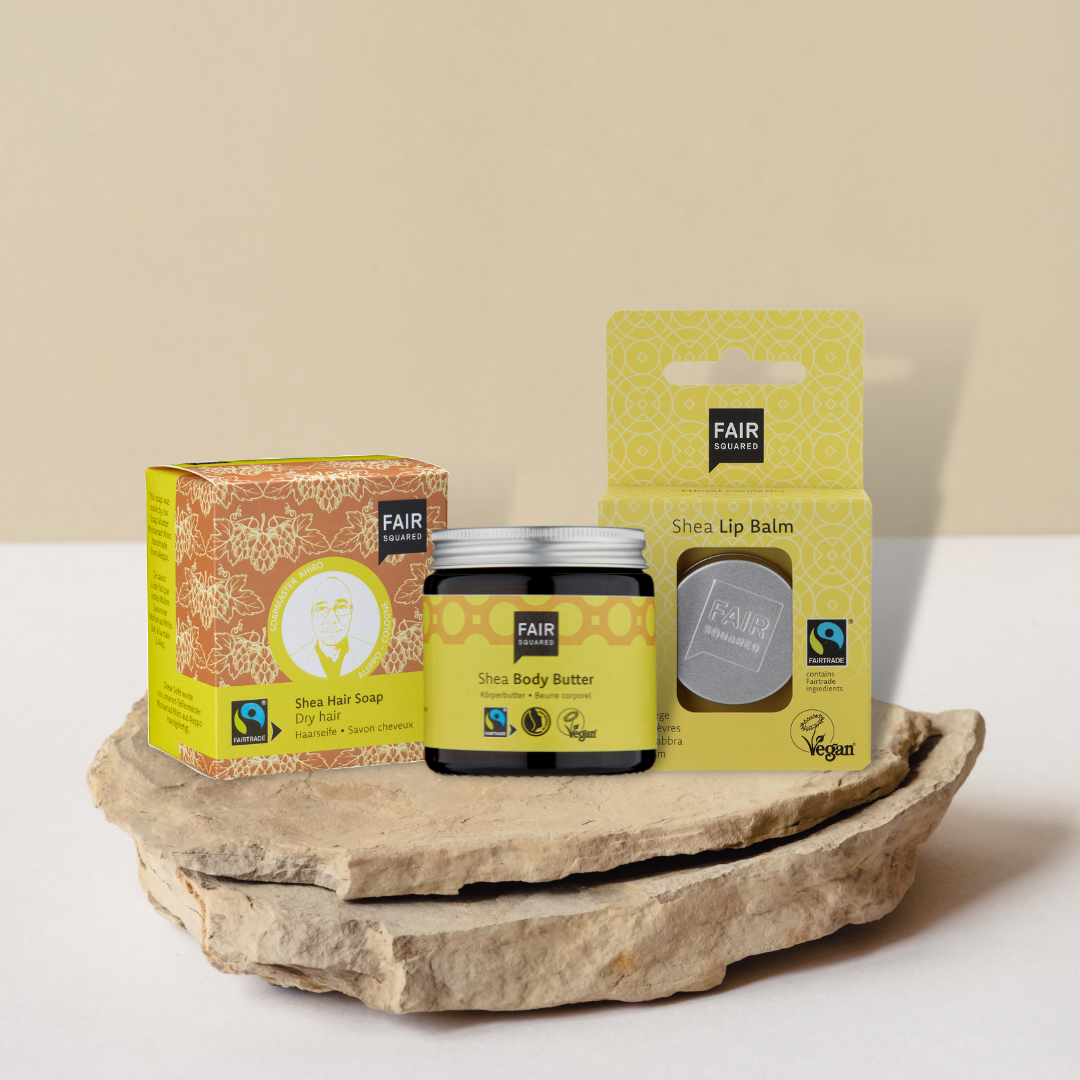World Humanitarian Day
World Humanitarian Day was formalised by the United Nations General Assembly in 2009. The day was designated in memory of the bomb attack on the Canal Hotel in Baghdad, Iraq, which killed 22 people, including the chief humanitarian in Iraq, Sergio Vieira de Mello on 19th August 2003.
World Humanitarian Day focuses on a different theme each year to bring together partners from across the humanitarian system to advocate for the survival, well-being and dignity of people affected by crises, and for the safety and security of aid workers.
This year, the focus is on the immediate human cost of the climate crisis.
Fair Squared aims to aid the climate crisis by producing less waste. Here’s how we become zero waste in the bathroom.
1. Less outer packaging – our cosmetic products which come in a glass jar with aluminium lid, do not have additional outer packaging which creates more waste.
2. Only use essentials – Less is more! It is tempting to buy every new trending product, but we don’t really need more than one moisturiser. Go for a small number of products from a company with a good social responsibility standard and finish a product before buying a new one.
3. Buy products with sustainably produced packaging – go for products which have recyclable packaging and don’t contain harmful materials. Cosmetic products which have sustainably produced packaging means the brand cares about protecting our planet.
4. Buy products in recycled packaging – At Fair Squared, we are proud to have made Zero Waste into one of our core principles. Our aim: everything you need to feel good and care for your skin from head to toe packaged in recycled glass jars, bottles, or other sustainably produced materials. We’re all set for change and sustainability.
5. Reusable products – Period cups help you avoid a lot of waste, and you save some money too. You can wash and reuse it repeatedly.
When you reduce the number of things you buy, you separate your wants from your needs and buy things in less packaging which means less waste ending up in landfill or being incinerated. Recycling generally produces less carbon emissions than creating brand new products and when you recycle materials it can help reduce deforestation, minimise greenhouse gas emissions from landfills, reduce energy consumption and eliminates the need for new raw materials to make products. Recycling one tonne of paper prevents 19 trees being cut down. Trees help to remove carbon dioxide from the atmosphere, which reduce greenhouse gas emissions and global warming.


